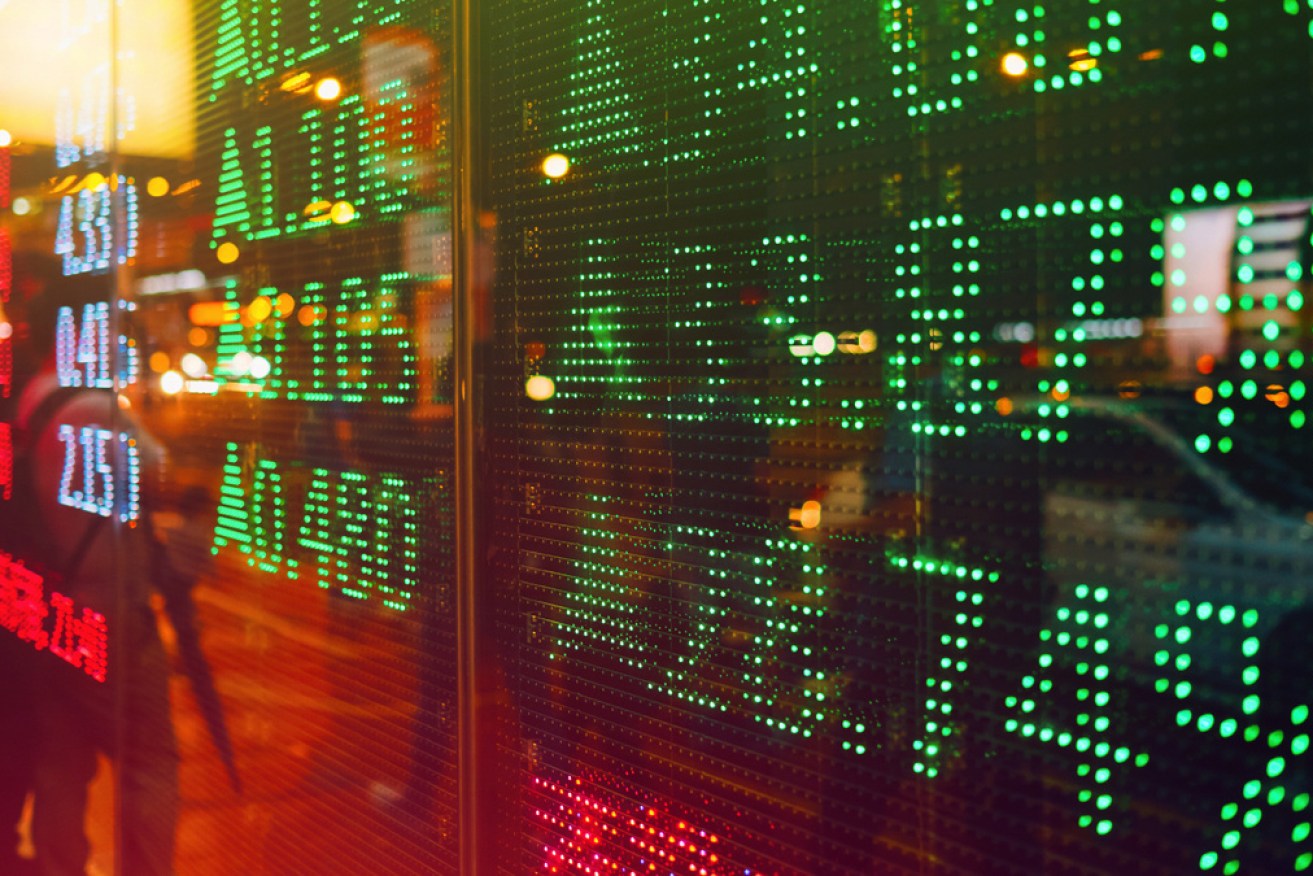Stockmarket payouts have reached a 10-year low


Australia's third quarter dividends were at their lowest since 2010. Photo: Getty
Investors and super fund members have just endured the lowest-paying third quarter since 2010, and new data suggests dividends could keep shrinking.
Two-fifths of listed Australian companies cut their payouts, resulting in a 5.5 per cent drop in the market’s dividends, according to research by global asset management firm Janus Henderson.
Cumulatively, Australian stocks paid $18.7 billion for the three-month period from July to the end of September – that marks the lowest third-quarter total since 2010.
“The biggest impact came from National Australia Bank, which made its first dividend cut in a decade, as higher costs and rising regulatory pressure, especially in New Zealand, meant it had to hold more capital,” the company’s investment director of global equity income, Jane Shoemake, said.
“The big four Australian banks distribute a very large proportion of their profits, so their dividends are vulnerable to pressure on earnings.
“Telstra made another deep cut as it struggled with broadband rollout costs and rising competition, while Woodside petroleum’s dividend suffered from the impact of adverse weather, lower energy prices and maintenance shutdowns.”
There’s few signs of improvement on the horizon either, with many investors seemingly factoring in further dividend cuts in 2020, Ms Shoemake said.
“Australia has had many years of uninterrupted economic expansion and economic forecasts for 2019 are significantly lower than in recent years, reflecting the extended nature of the country’s economic cycle.
“Given lower growth backdrop, it will be harder for companies to continue to grow profits at the same rate.
“Australia already has the lowest dividend cover [the ratio of earnings per share to dividends per share] in the world among the bigger economies. So if the slowing economy leads to a decline in corporate profitability, it will be bad news for income investors, highlighting the importance of taking a global investment approach.”
Stocks still attractive
While dividends are down and expected to keep sliding, their yield – a measure of a company’s annual dividend divided by its share price – is 4.4 per cent, which Ms Shoemake said “remains attractive relative to cash and bonds”.
Additionally, Australia already has one of the highest-yielding dividend markets in the world.
“Growth in dividends is harder when starting from such a high level because countries like the US and Japan that have much lower yields as a starting point therefore have more opportunity to exhibit stronger dividend growth,” Ms Shoemake said.
But would-be investors thinking about putting their money into markets rather than a bank account need to be careful.
“Equities are more volatile and should be considered in the context of an individual’s appetite for risk and within a medium-long term investment timeframe,” Ms Shoemake said.








